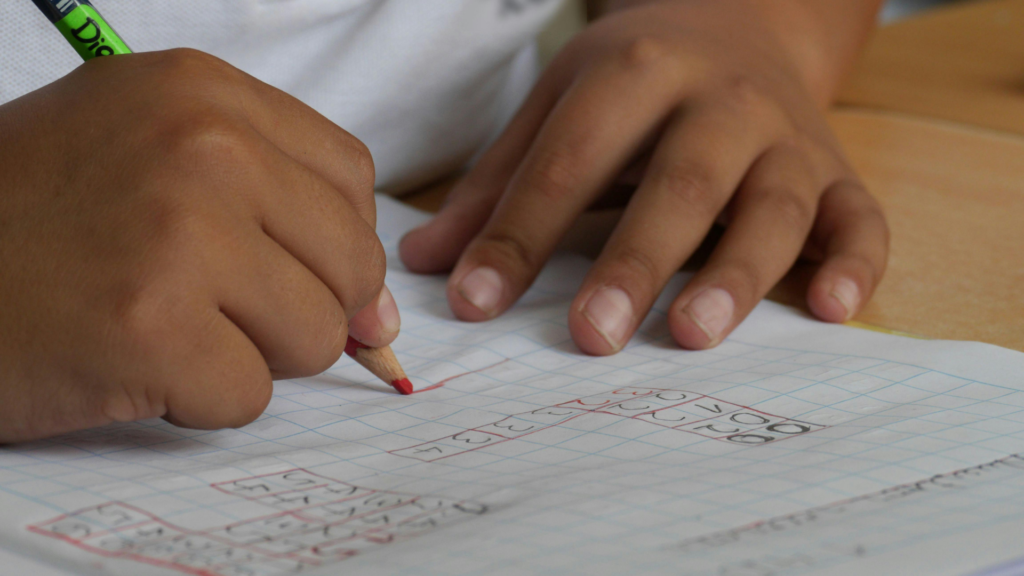Social Responsibility Services
Protection of Children’s Rights
Addressing Child Labour in Coffee and Cocoa Production
The Role of 4C in Protecting Children’s Rights
Child labour in agricultural production is a critical issue, with significant implications for both global trade and local communities. The 4C certification system actively addresses this problem by setting strict standards to protect children’s rights, aiming to eliminate child labour in the coffee and cocoa supply chains.
Child labour is a pervasive issue that requires concerted efforts to eradicate in these sectors.

Understanding the Scope of Child Labour in Coffee and Cocoa Production
Child labour often results from economic hardship, cultural practices, or insufficient access to education.
In response, the 4C Certification System integrates rigorous standards that explicitly prohibit child labour, defining it as any work that “is mentally, physically, socially or morally dangerous and harmful to children and interferes with their schooling” (4C Guidance on the Protection of Children’s Rights).
By setting enforceable standards, raising awareness, supporting educational initiatives, and collaborating with local and international partners, 4C is making significant strides toward eliminating child labour in coffee and cocoa production chains.
This not only helps protect children but also contributes to the sustainability and ethical integrity of the global coffee and cocoa industry, ensuring it can thrive without compromising the rights and well-being of its youngest stakeholders.
4C’s Proactive Measures Against Child Labour
The 4C certification system offers a comprehensive approach to protecting children’s rights in the coffee and cocoa industry.
The 4C Code of Conduct includes clear prohibitions against child labour. It mandates that “all certified entities ensure that no forms of child labour are present in their operations”. This commitment is underpinned by a robust compliance system that audits and checks coffee production entities regularly to ensure adherence to these rules.
Recognizing that preventing child labour requires more than just regulations, 4C supports education and awareness initiatives that focus on the rights and needs of children within coffee- and cocoa-growing communities. These programmes are designed to enlighten communities about the long-term benefits of education over child labour and to change entrenched cultural norms.
4C employs strict monitoring mechanisms to ensure compliance with its child labour standards. This includes regular audits and the requirement for all 4C Units to maintain transparent records that demonstrate adherence to child labour laws and regulations. Any findings of non-conformities lead to immediate corrective actions, with a focus on supporting affected children to return to education and receive appropriate care. As risks are even more prevailing in the cocoa sector, the 4C Code of Conduct for the cocoa certification has integrated specific requirements to strengthen the child labour risk assessment and monitoring.
To combat the root causes of child labour, 4C promotes initiatives which improve access to quality education for children in coffee and cocoa communities. This support extends beyond the classroom, aiming to uplift entire communities by improving infrastructure, access to educational materials, and teacher training.

Child labour is a pervasive issue that requires concerted efforts to eradicate.

Further Information